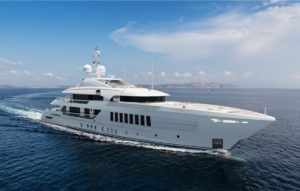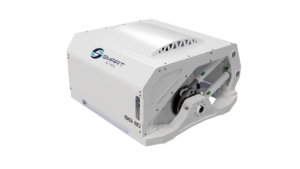Six female skippers in 2020 Vendée Globe
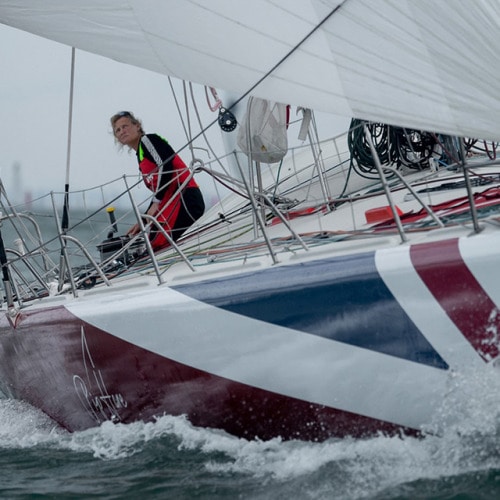
Since its inception in 1989, the Vendée Globe race has never before attracted such as a big and varied field, say its organisers.
On November 8 in Les Sables d’Olonne, on France’s Vendée coast, 33 solo sailors are due to take the start.
This time it includes no fewer than ten non-French skippers and there will be a record number of six female skippers.
“It’s still too little: we are six out of 33,” says Isabelle Joschke (MACSF). “But here we are, committed to showing that women race as well as men.”
Sam Davies (Initiatives Coeur) is back this year for the third time in her career.
“I think the foils are the right choice because I have gained a lot of speed,” she says.
She’s racing fellow Brit, Pip Hare (Medallia).
“It has been very difficult because we have lost so many international sporting events this year and I think people have shifted a bit in what interests them,” Hare says. “As athletes we have been able to carry on and we will be able to share with a wider audience and so I would like to inspire people and show this a fascinating sport.”
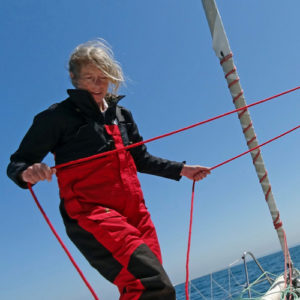
Miranda Merron (Campagne de France)
Miranda Merron (Campagne de France) completes the female British trio. “I know the Big South, but I don’t know if that’s a plus or a minus,” she says. “We are spoiled when we are at sea alone. We are reduced to being just ourselves alone with the sea and the sky. I tell myself that I am so very lucky to live this for three months.”
Alex Thomson is competing for the fifth time.
Tied with Jean Le Cam in terms of number of his five previous participations, Thomson (HUGO BOSS) is the most experienced and the most successful sailor at the start, with two back-to-back podiums achieved over the last two editions – third in 2012-2013 and second in 2016-2017.
“If I had to make a bet as to how quickly the boats will go round, I would say 67 days,” Thomson says. “It’s a pretty amazing fleet and I think it could be quite competitive. For me getting to the finish line has to be the objective. I think that if we can do that, then we’ll be right up there at the front. The ultimate goal is, of course, to win.
“Sometimes I don’t like to talk about it because it can sound arrogant or ostentatious, but for our team, and our partners at HUGO BOSS and Nokia Bell Labs, winning would mean the world. It’s what we’ve been targeting for so long.
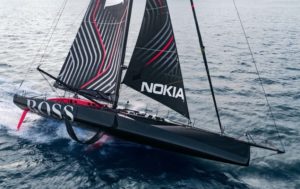
HUGO BOSS
“Sometimes I feel like this race is the only thing in my life. Winning would validate all the hard work, all the sacrifice of the past 20 years. Right now, the new HUGO BOSS is miles ahead of where we were, or where we’ve ever been. We’ve accumulated so much knowledge, and designed and built a boat that has the potential to do it. But we’ve got to balance that focus on performance with reliability. Reliability is everything in this race.
“But I feel confident and we’re in a good place. The boat had to be fast, it had to be functional and it had to be beautiful. And I think we achieved all of those things.”
The 2020 edition sees significant advances in foil shape, form and structure, but also in corresponding hull design and structure with boats now designed and built specifically to foil.
“This is a very high-level field, we have taken an extra step forward in technology but also in our sport,” says Jacques Caraes, Race Director. “We have 19 foilers compared to seven last time. And so that will be a special aspect of this race which will be very full on, very difficult.
“We can see that all of the work carried out by the teams; I also congratulate the designers, the design offices and the IMOCA class who have worked so hard. The boats have moved forward in terms technology. But they are ready, and the sailors are prepared. On this edition we have an added degree of competitiveness.”


